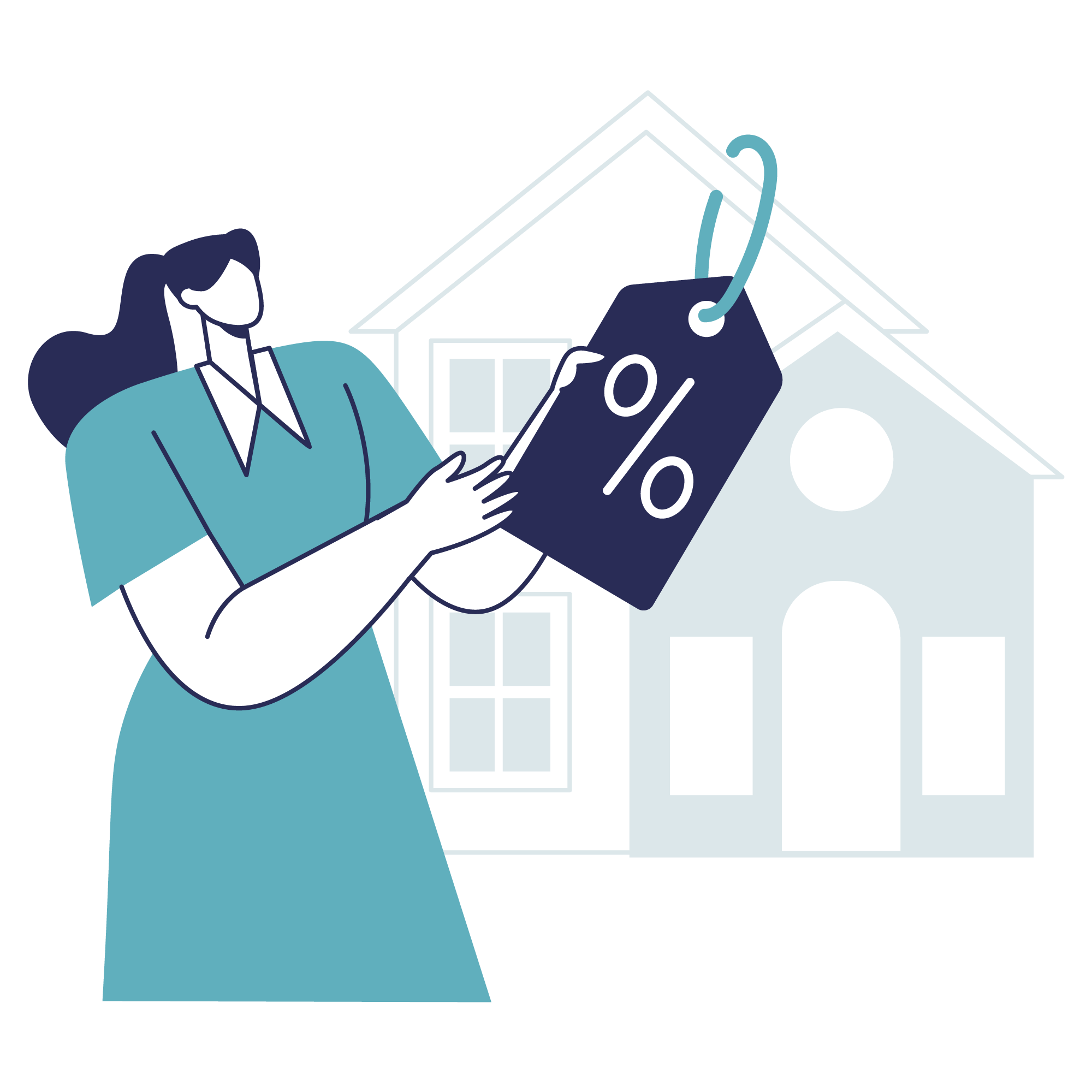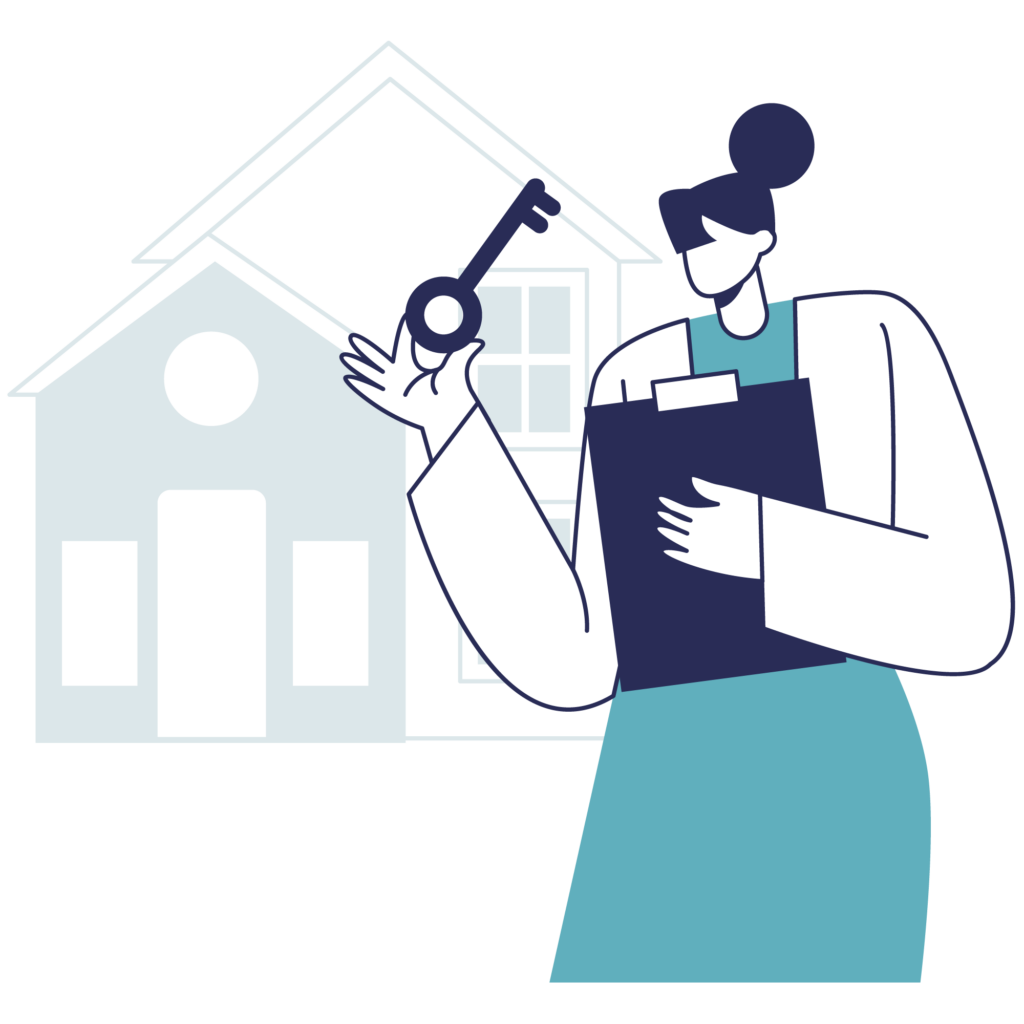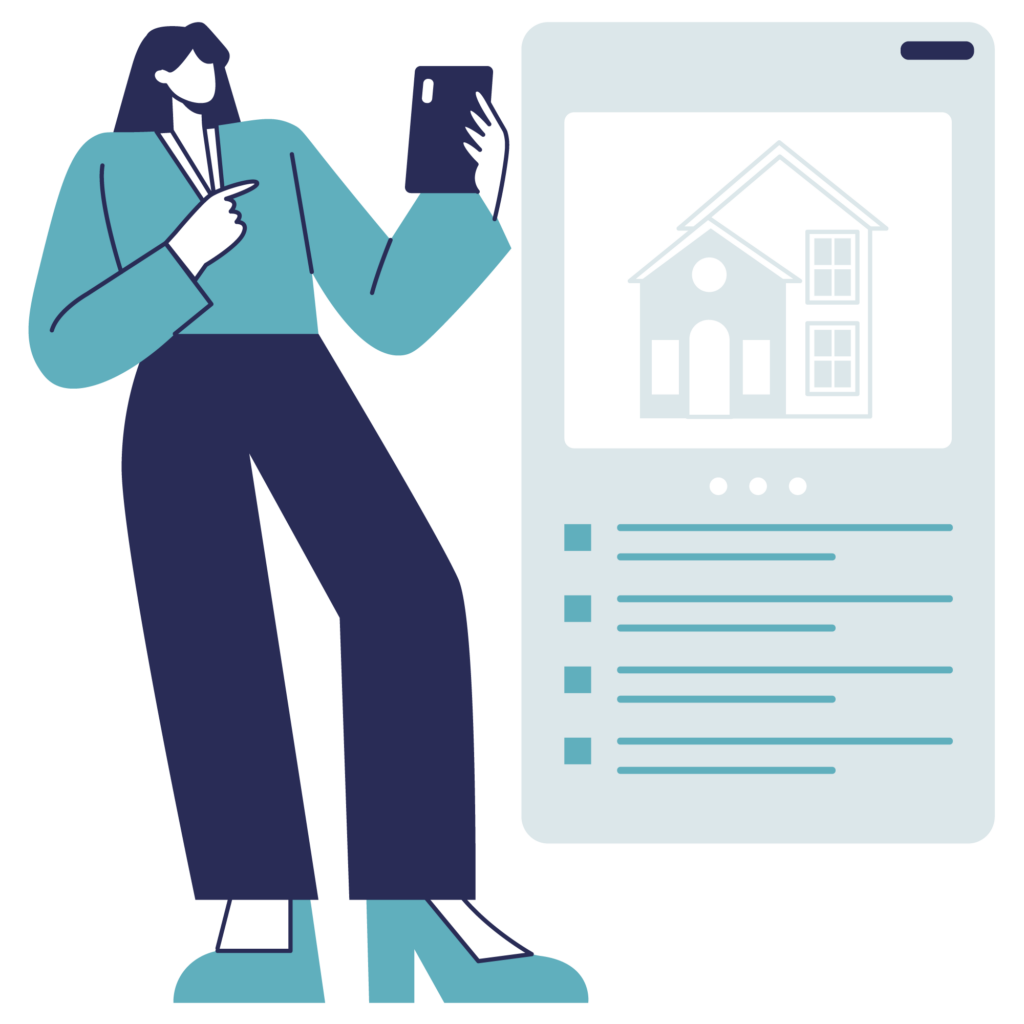
Home Equity Loans vs. Refinancing — Which Is Better?
The biggest benefit of owning a home over renting is the equity you earn from making consistent, on-time payments. Each mortgage payment you make contributes to your investment equity. Eventually, you can take advantage of the equity you’ve built in your home with a home equity loan or case-out refinance.
Here, we’ll outline the similarities and differences between these two options so you can make an informed decision.

Am I a Candidate for a Home Equity Loan or Cash-Out Refinance?
Before we get into the nitty gritty, let’s determine if you’re a candidate for either of these two options. In general, people who have owned their homes for at least five years and have paid their mortgage on time have a good amount of equity in their houses. Your equity can be calculated by subtracting the remaining balance of your loan (the amount you owe) from the current value of your home. If the difference is a sizable positive number, you can be a good candidate for a home equity loan or cash-out refinance.
Your home equity can be used nearly any way you wish, such as paying off medical bills, funding a child’s college tuition, or contributing to your retirement savings.
Cash-Out Refinance vs. Home Equity Loan
How They’re Similar
Home equity loans and cash-out refinancing are both financial paths that allow you to exercise your investment to your personal advantage, and they have a lot in common.
First and foremost, home equity loans and cash-out refinances both borrow against the equity in your home , using the house itself as collateral. While you can’t use all of your equity at once, you can still borrow a substantial amount; the exact amount hinges upon the amount of equity you have earned.
Because of this, both of these offer lower interest rates than other options. They’re useful if you need money in a crunch, as they disburse your funding immediately after closing that you can then spend at your own discretion.
How They’re Different
Cash-out refinances are a primary mortgage which means your lender records in a first lien position, while a home equity loan is a secondary mortgage, or recorded in a second lien position.
When it comes to interest rates, cash-out refinances offer lower rates because they’re primary loans rather than secondary loans (which tend to have higher interest rates). This is because loans that are in first position against your home gives your lender priority in case of a default; therefore, the lender generally offers a lower interest rate. Lenders offer home equity loans that take a back seat to your first mortgage and in doing so carry greater risk, thus higher interest rate.
So, if you have a low rate on your first mortgage, rather than refinance the entire balance at a higher rate, taking a smaller second mortgage with a higher rate may be the most cost savings.
These two options also work differently; a home equity loan is distinct from your mortgage and gives you a second payment, while a cash-out refinance pays off your current mortgage in favor of a new one with better terms.

Refinancing a Home Equity Loan
For those who already have a home equity loan, refinancing is a viable option if you have at least 15% equity in your home. Since home equity loans are counted as a second mortgage, it can be refinanced in a similar way as you would refinance your primary mortgage.
Under the right circumstances, refinancing a home equity loan could lower your monthly payments with a lower interest rate, help you switch from an adjustable rate to a fixed rate, shorten your term, or obtain more cash from your equity.
How Long Does it Take to Refinance a Home Loan?
A refinance transaction averages 30 to 45 days. Actual timing will be dependent on your individual financial situation, the characteristics of your home (for example, single family residence or condominium), and how timing for third parties to conduct the inspection and appraisal.
How to Decide Between These Options
Home equity loans and cash-out refinances offer various benefits to people who want to tap into their home equity. You can determine which one is right for you by figuring out how much equity you’ve built and how you’d like to use the cash proceeds.